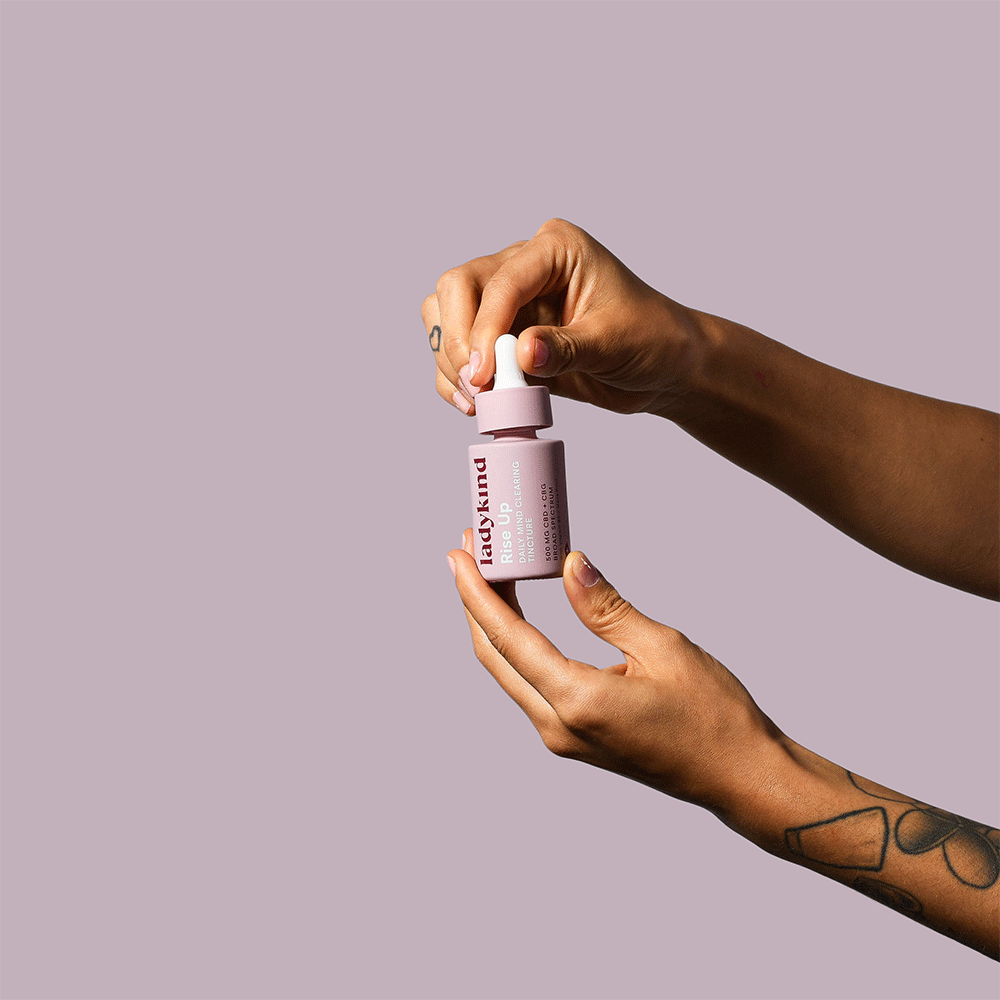Most women believe that menopause only means you’ll have hot flashes and night sweats. However, did you know that mood swings are a natural part of perimenopause and menopause? The symptoms of menopause mood swings are similar to premenstrual syndrome (PMS), only the symptoms tend not to last just a few weeks but can last for many months or years. Fluctuating hormones are the cause of this emotional turmoil and while severity will vary from woman to woman, it is not uncommon for women to start crying or go into a rage for no apparent reason.
Mood Swings and Menopause Symptoms
The typical emotional symptoms seen in menopause and in the premenopausal state include the following:
- Lack of motivation
- Increased tension
- Feelings of sadness or tearfulness
- Irritability
- Aggressiveness
- Anxiety
- Fatigue
- Problems concentrating
- Changes in mood, sometimes drastic and unexplainable
If you are a woman between the ages of 40 to 60 years, the mood swings, including sadness and irritability, often go hand in hand with being in perimenopause or menopause. These symptoms are more likely to occur if you have a prior history of mood swings, premenstrual syndrome, or depression.
Rather than just deal with the symptoms, suffering for many years, it pays to seek the advice of your doctor or healthcare provider because there are things that can be done to control these symptoms. Other psychiatric or medical conditions can also be responsible for your symptoms and your provider can check these out before assuming the symptoms are just related to menopause.
Things like forgetting where your car keys are and problems concentrating are also signs of perimenopause and menopause. Most of these symptoms tend to be extremely temporary, and the brain goes back to normal about five years after finishing menopause.
Coping with Mood Swings Associated with Menopause
There are lifestyle changes and medications that can be used to control the mood swings and emotional changes that occur with menopause once your doctor has determined that this is what the problem is all about. The most common mental health symptoms you’ll find in menopause are feelings of sadness and irritability.
10 Ways To Take Control of Stress and Balance Emotions During Menopause
- Decrease caffeine intake. Caffeine is a stimulant substance that can increase moodiness and jitteriness. As your ovarian hormones are already interfering with your mood, you don’t need the added effect of a stimulant in your system. Drink caffeinated beverages only in the morning and stop drinking them after lunch. Smoking can have similar effects so, if you smoke. This would be a good time to consider quitting.
- Remove stress your life. You need to take a look at those things that cause you the most stress and do what things you can in order to have as little stress in your life as possible. It may mean handling financial stressors, changing jobs, and managing relationships that are stressful to you.
- Try CBD oil. Many women find they are able to bounce back from stress easier when they use CBD tinctures, which can activate your body's serotonin receptors regulating mood. Ladykind's broad-spectrum hemp oil doesn't contain THC, so you don't have to worry about getting high or failing a drug test at work.
- Exercise and get into a healthy diet. Dieting and exercising can help prevent not only the weight gain that can go along with menopause but these things can improve your mood without having to take medications.
- Stay away from alcohol and anti-anxiety drugs like Xanax. These things are depressive agents so that you actually worsen your mood swings by taking them, especially if you use them on a regular basis.
- Keep a connection with your community and family members. These things can give you something to do besides feel bad and make for a longer, healthier life.
- Find a creative resource that helps you find purpose. If you aren't actively working on a hobby, this is the time to find one that can improve your quality of life, from baking to hiking. It can be any hobby that interests you and that can help you feel less moody.
- Keep your friends close to you. People that maintain and nurture friendships can live longer and can have an improved quality of life.
- Get plenty of sleep. A big part of the mood swings in menopause is related to a lack of quality sleep. Studies out of the University of Pennsylvania have indicated that sleep deprivation can make you more susceptible to menopausal symptoms. Use good sleep hygiene by sleeping in a dark room and using your bed for only sex and sleeping. Don’t take stimulant or eat large meals just before going to bed. Some women find using CBD oil before bed can help them relax and fall asleep faster.
- Herbal Supplements. Many women may be able to find relief from menopausal mood swings by taking herbal supplements specifically for menopause, including Maca Root, and St. John’s Wort. If you are taking them with other medications, talk to your doctor before taking them as they can interfere with certain medicines you are already taking.
Be Kind To Yourself
Mood swings in menopause are not a myth. There are definite changes in a woman’s emotional resources during menopause that can be treated with lifestyle changes or with medications.
Sometimes, it helps to simply keep in mind and remind yourself that menopause will end, and so will the mood swings.
Have More Questions About Menopause?
Want to connect with other women to talk freely in a private community with other women about period pain, mental health issues, perimenopause, and taboo topics? Join our CBD For All Ladykind Facebook Group. I'm the moderator and here to support you.

Michele Ross, PhD
Dr. Ross is a cannabis clinician based in Las Vegas and author of 5 books including CBD Oil For Health and Vitamin Weed. Visit drmicheleross.com to learn more.







